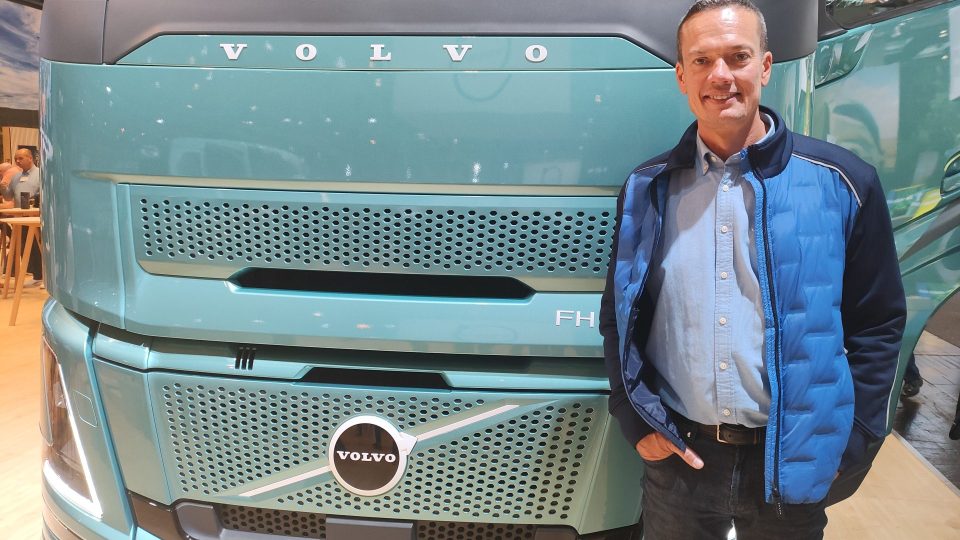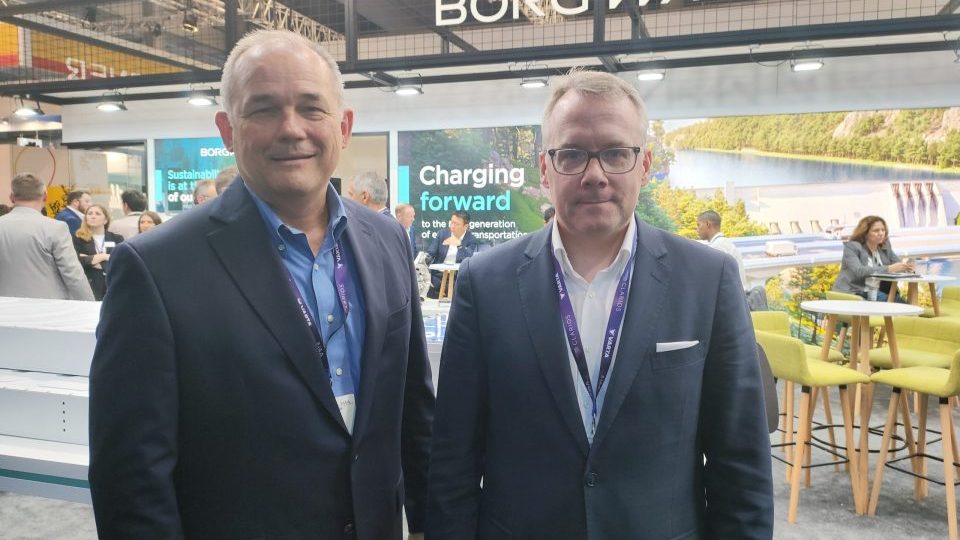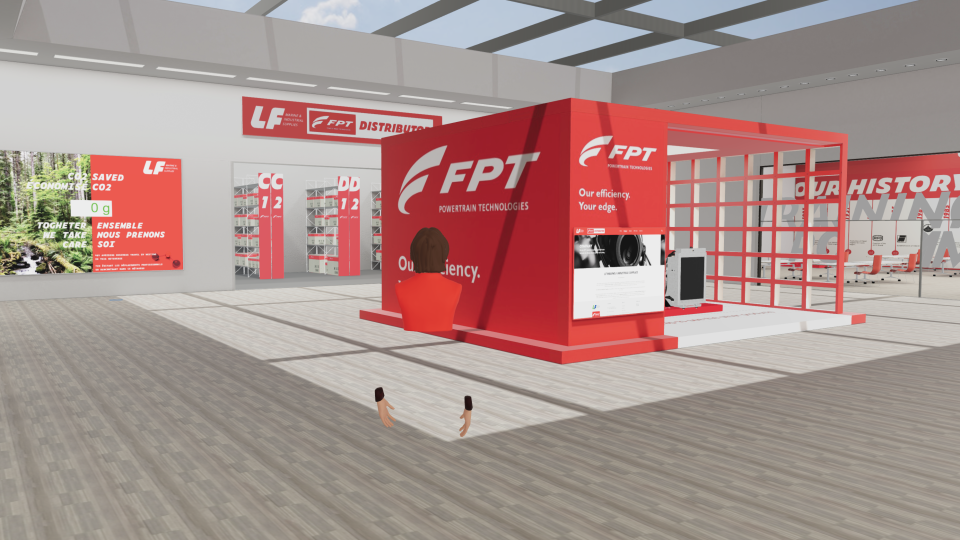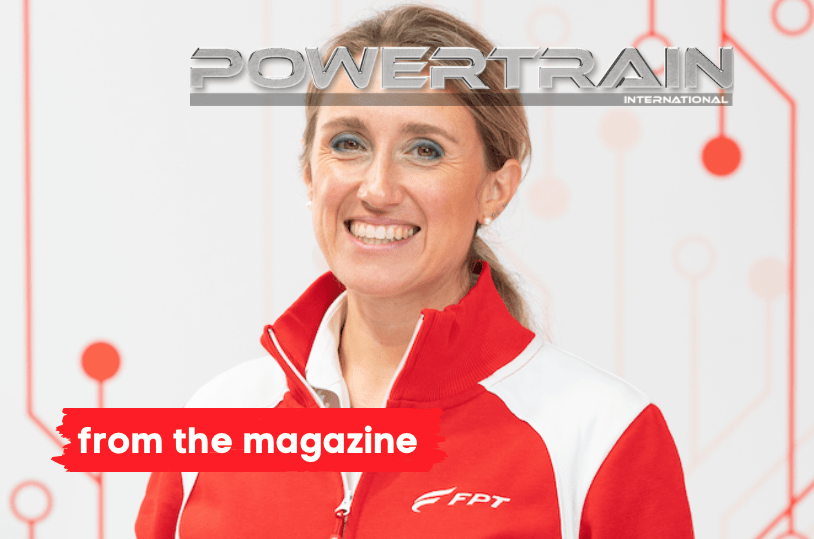Interview with Neeta Khare, FPT Industrial: “Education is the key”
Neeta Khare is Battery and Fuel Cell Director at FPT Industrial. Here she tells us about her education and career. You can read the full article in the January issue of Powertrain International.
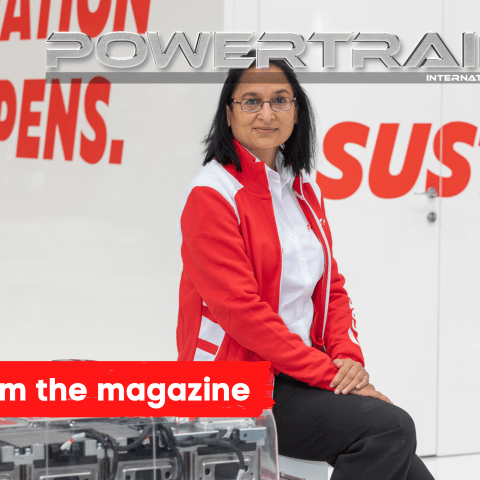
Neeta Khare can boast a twenty-year background in the field of battery and fuel cell development. She started with her PhD for intelligent battery management where she combined artificial intelligence and state of charge and state of health algorithms, which are now very popular words, but almost twenty years ago nobody was familiar with it. That’s how the journey started, then she migrated from India to the USA to participate in a project of the US Navy and also in industry where she led an R&D team, then she moved to Switzerland as a Senior Scientist and head of BMS group with BFH-CSEM Energy Storage Research Center (ESReC), where she led the Battery Management Group developing BMS algorithms, models, software and hardware. Two positions, Vice President Technology, Leclanche, and Chief Innovation Officer, GCT, broaden her experiences to words business and productization. These roles extended her vision beyond development of the battery management system, and covered cell manufacturing to the Battery pack solution for Electric Vehicles specifically Public Transport. After that she joined FPT Industrial as Director of Battery and Fuel Cells.
“I loved mathematics and physics as a young kid. My parents graduated in history, but they allowed me and my three brothers to take our own journey. They just told us: education is the only thing that we can give you, and that was true, so we understood very early that education was the key of success for us. We loved mathematics and physics, so engineering was the best way to choose. At the time engineering schools were not that common, there was a huge competition, we had to face tough entrance examination. No doubt the gender imbalance is a huge issue in technology and particularly for higher leadership roles and I think that is because when we were growing up female education was not so popular. Engineering was considered a field mainly set for men, so my school was very ‘male dominating’: of 300 engineering students, only 11 were women but 5 of them were among the toppers. Having grown up with three brothers, I’ve always been in the minority. When I joined my first job in an important female university in India, in my department they were all male except me. So I remained unique in this way throughout my life. My unique identity and ability made me head of the department soon. From there, I moved to industry, but the fact that I was the only woman had remained unchanged. Most often, this turned out to be an advantage for me because people remembered me, and it was not too much of a struggle for me to get recognised for my skills. However, in technical surrounding, I had to prove myself more than my male counterparts. Sometimes twice harder.”
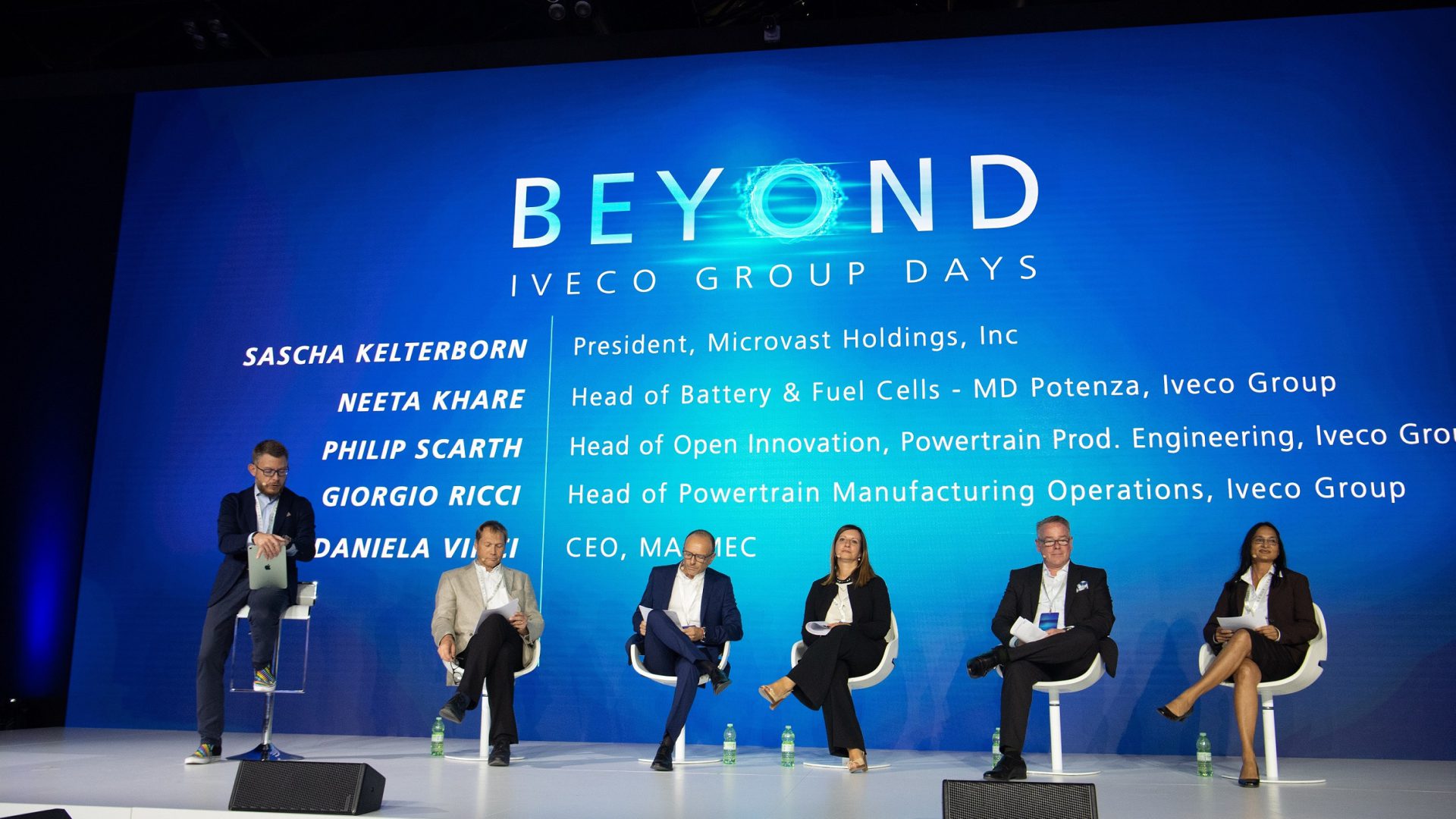
And what about her country, India?
“In India, female engineers are more acceptable and more common compared to Switzerland or United States, so I faced more challenges in these two countries compared to India. This is a very interesting part because, in India, we have many industrial female leaders, doctors, engineers and mathematicians. I think one historical reason was that the third Prime Minister after colonization was a woman, Indira Gandhi, so we accepted female leaders in India much earlier than other countries. However, in USA and Switzerland, in higher management meetings, you only find less than 1% female leaders.”
What is the most challenging part of your job?
“During my career, being a woman didn’t affect me too much except in few incidents. I felt being female, my ability to show empathy and providing support to the team has an advantage over the other gender. On the other side of the coin, being female, one cannot be natural all the time, you have to make a shield, you have to be stronger to face the tough situations. When I first accepted a leadership position, I was not good in handling diplomatic and stressful situations. It was not easy to adopt diplomatic approaches for me. Then I slowly opened up a little. It’s me who was challenging myself to get integrated and not to be affected by the environment. Lots of my bosses and colleagues guided me. In the end, it is a beautiful internal and external journey. Though still, I love being a technical person and I use democratic managerial approach to manage the team. I love diversity in the team: be it cultural, gender, generation, experiences and skills. This brings the best products.”
If you were to compare yourself to a great character in history or literature, who would you compare to?
“I cannot compare myself to someone great, because that would be unfair to them. As a kid, I didn’t have any famous role model, I think, my mom inspired me for many things rather than any bigger character. It needed lots of courage to make or to choose between career and personal choices, specially if you are female and growing up in India. I was able to do so because I saw my mum’ struggle between responsibilities for family and her passion for career.”
READ THE FULL ARTICLE IN THE JANUARY ISSUE OF POWERTRAIN INTERNATIONAL






